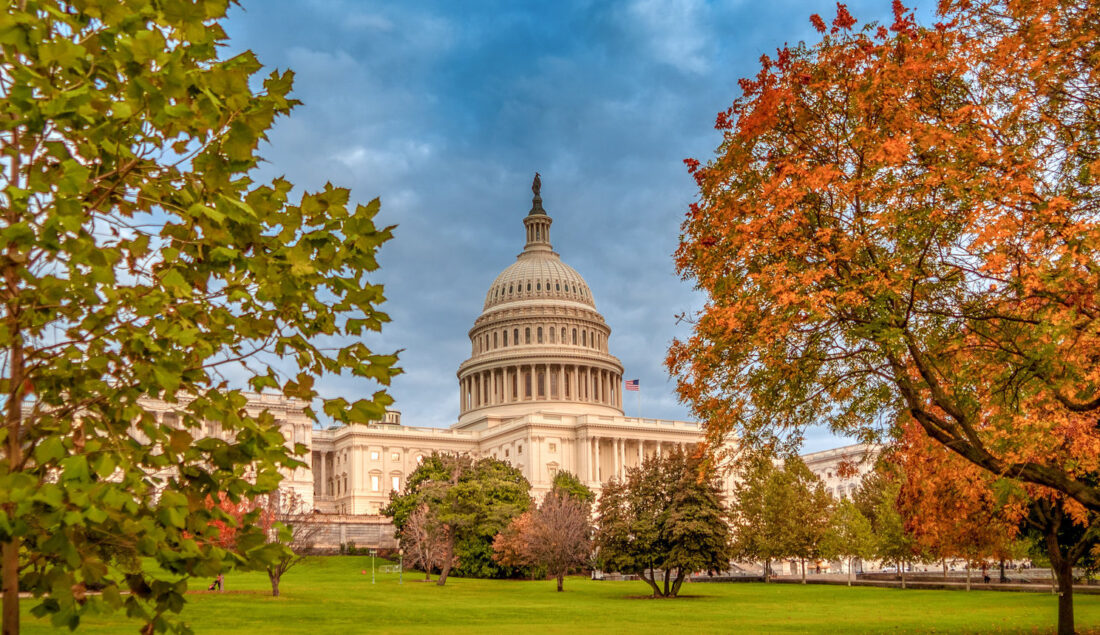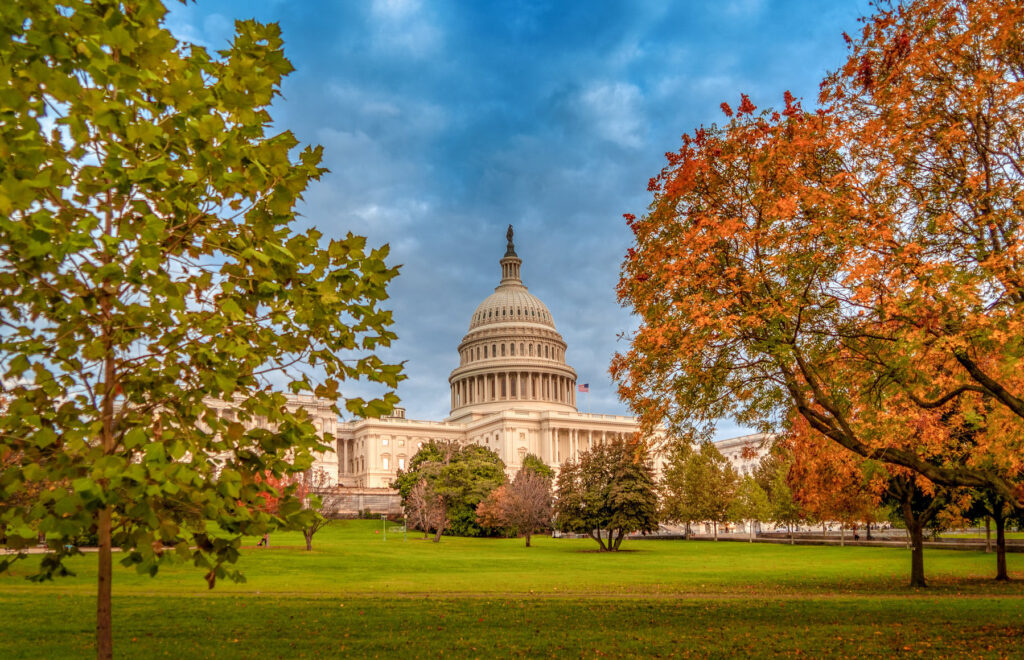Top Line
1/ Speaker Pelosi’s husband was violently assaulted in their San Francisco residence.
• At the time of writing, we do not know the motives of the assailant. However, it would not be surprising if the ultimate aim was to harm Speaker Pelosi. In this newsletter we have previously discussed the concept of stochastic terrorism, which is “the public demonization of a person or group resulting in the incitement of a violent act, which is statistically probable but whose specifics cannot be predicted.” We condemn all acts of violence, and incitement to violence, against elected officials and their families. We wish Paul Pelosi a speedy and full recovery.
• Political violence is sometimes used as a reason to overreach and curtail political speech. We acknowledge the importance of allowing for criticism of the policies advanced by a politician. Bad political actors have demonstrated a remarkable facility with the use of dog whistles, however. They generate veiled calls for or support of violence that increases the likelihood of violence in such a way as to create some doubt about what they are doing. The traditional media has largely been unable or unwilling to cover this appropriately, and partisan media and partisan actors have amplified these calls.
• We wonder about the role of the extraordinarily well-funded U.S. Capitol Police in this incident. It seems plausible that one of their most visible protectees was a target regardless of whether she was actually present. What does it say about security for other Members of Congress in their homes, workplaces, and elsewhere? What does it say about the USCP’s ability to detect, deter, and address threats? We stand by our concerns that structural problems with the leadership and oversight of the USCP create a fundamental risk to the safety of Congress, a problem that cannot be resolved by throwing money at the problem. We have yet to see any real reforms at the USCP or its oversight board.
• We realize that Congress’s most likely reaction will be to shovel more money at the Capitol Police. The overall funding level for the Legislative branch can’t handle these hundred-million-dollar annual increases for the USCP without undercutting the ability of the Legislative branch to function by constraining funds for all other purposes. (There’s a $100 million increase in the works when the delayed appropriations bill becomes law.) We’d suggest that some of the USCP’s funds start coming from another appropriations subcommittee, like Defense or CJS, because their work includes responding to terrorism and crime threats.
Continue reading “First Branch Forecast for Oct. 31, 2022: Improving Congressional Tech”


